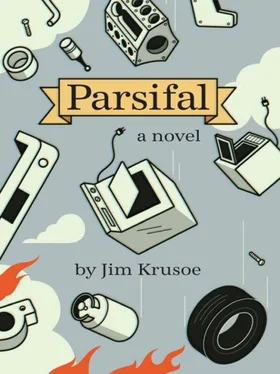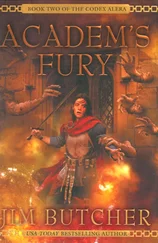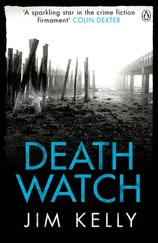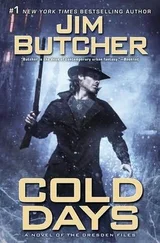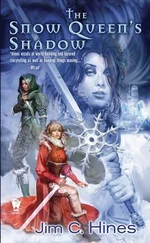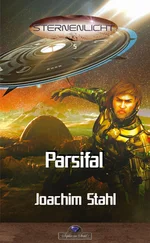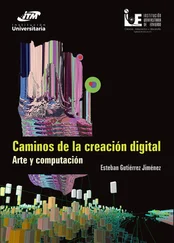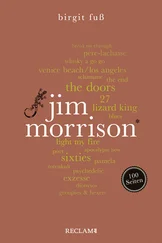Il pleure dans mon coeur
Comme il pleut sur la ville.
Quelle est cette langueur
Qui pénêtre mon coeur?
It rains in my heart
As it rains on the town
What is this sadness
That creeps into my heart?
— Verlaine
there is a war between the earth and sky.
Also, there are monsters.
Parsifal thinks he may be one of them.
Parsifal is of average height, and more or less normal looking, except for the scar.
One day Parsifal stood on the sidewalk outside his house, not looking at the sidewalk, which was an ordinary sidewalk, and not even looking at his feet, which were ordinary as well. Instead, Parsifal looked upward at a bird turning in circles, or slow spirals.
The bird made no discernible sound, while all around him Parsifal could hear car doors slam, traffic move, even the tapping cane of a blind man as the man walked toward him. (Parsifal lived near a center for the blind whose patrons often used the sidewalks of his neighborhood for practice.) Although the bird was very high, Parsifal imagined he could describe the exact sound of the wind as it passed over the bird’s feathers. He imagined it was the sound of the ocean, the same sound he sometimes heard when he picked up a seashell and held it to his ear.
Parsifal had been raised in the forest.
A librarian Parsifal once knew told him she believed that monsters were monsters only because they enjoyed being monsters, and it was this pleasure, not any scales or claws or fangs or actual acts a monster might commit, that made people fear them.
Parsifal thinks about this often.
Parsifal’s first idea was that the bird was an albatross. All he knew from watching it, however, was that it was a large bird of some kind, moving in spirals, or circles, the center of which seemed to be his own head.
Then there is also the sand, and there is the lightning.
When Joe asked Parsifal which one he preferred he answered: the sand.
Most people agree it sometimes hurts to think about a thing for too long, and whenever this is about to happen, it is a good idea for that person to look away.
But at the same time, the things a person needs to look away from are often the most important things to think about.
What do people mean by “a war between the earth and sky”? They mean this: that lately and, in fact, quite frequently, objects have been falling out of the sky — mostly car parts, but other objects as well, like microwave ovens, for example — and when one of them strikes the earth, it can make a crater and harm people, too. It does not appear the falling objects are aimed at humans in particular, and this provides a certain degree of comfort, but at the same time it must be said that because so many things are falling, some loss of life is to be expected.
The earth, on its part, fights back by throwing into the sky eruptions from volcanoes and smoke from forest fires. Sometimes it makes sandstorms, too.
And between the earth and the sky, which one does Parsifal want to win?
He considers the question.
Once when Parsifal was talking with a different librarian, she said to him: “But no one said anything about killing.”
This librarian and Parsifal had been intimate only moments earlier, and were lying on her bed, one that had a canopy of green and blue cloth, so that lying there was like looking through leaves at the sky. On that exact occasion, however, Parsifal and the librarian were not looking at the canopy; they were staring out the sliding glass door of her bedroom and watching the thick, surprisingly dark smoke of a distant forest fire fill the sky with ash.
In fact, Parsifal was certain she was right — that no one had said anything about killing — and he wondered why she had brought it up, but just as he was about to agree, he remembered what his mother used to tell him.
“Hold your tongue,” Parsifal’s mother used to say, “or the bear will bite it off.”
One day when Parsifal was at the market, a woman walked up to him and whispered that she was often frightened by birds when they were close by, but when they were flying, especially flying away from her, she could not help but admire them “inordinately.” That was the word she had used: inordinately . They were in the canned vegetable aisle. Parsifal was studying the corn, and she was not a librarian but a complete stranger, although, come to think of it, this woman could have been a librarian; there was no reason why she might not have been, even though the odds were slim along those lines.
Hold your tongue , Parsifal thinks.
And earlier that same day, before Parsifal had entered the market, just as he was about to walk through the market’s front door, he saw a blind man who had set up a card table to collect money for what he described as “needy children.” To further his case, the man had taped to the sides of his table six hand-drawn illustrations showing the faces of six unhappy children. Underneath each the words Please Help Us had been written in red marker.
This man was being paid — Parsifal happened to know because once he’d had a job like this himself— minimum wage, and the man would receive the same amount of money whether he collected a thousand dollars or nothing. This man would be paid in cash, in an envelope, at the end of the day. Parsifal also knew that people in this line of work would sometimes put a little money aside for themselves, and who could blame them? Not that Parsifal was saying this particular man did such a thing, of course, but many people did, and to accomplish it they usually enlisted an accomplice to visit them before their shift ended, so they could hand that person whatever money they wished to “siphon off” before they were checked at the end of the day by their supervisors. Then after work the two would meet up in a bar, where the confederate would return the money that he had been given a few hours earlier, minus his commission. Parsifal could not be sure if this man was blind or if he was only wearing dark glasses.
But whether he was blind or not, Parsifal was sure the man had the face of a person who had been responsible for much pain to others in his lifetime and would no doubt cause more before he died. Also, the red lettering beneath the pictures seemed angry, as if the man himself had drawn them for no other reason than to take money away from people who needed it more than the man did, especially because the total amount the man turned in each day made no difference to him personally. Unless the man was stealing, of course. Plus, if the man had drawn the pictures himself it would mean he wasn’t blind, although Parsifal had to admit the man had never claimed to be blind.
“You,” this man had said to Parsifal, “how would you like to donate a little something to help these needy children?”
“No thank you,” Parsifal told him. “Because I doubt more than ten or twenty percent of your total take for the day will ever see these so-called children after you and your managers take your cut.”
Then the man stood up from behind his table as if he were going to jump out and hit Parsifal. “Get out of here, you cheap bastard,” he said.
So Parsifal knew then he had been correct, that this man was an angry man, a man just looking to start a fight.
Some people say that the first Parsifal, Parsifal’s namesake, wasted his whole life in search of a cup with the power to heal all wounds, but according to others there never was a cup to be found — only a black stone that had fallen from the sky.
Furthermore, there is a difference of opinion over whether he ever found it or not.
Читать дальше
